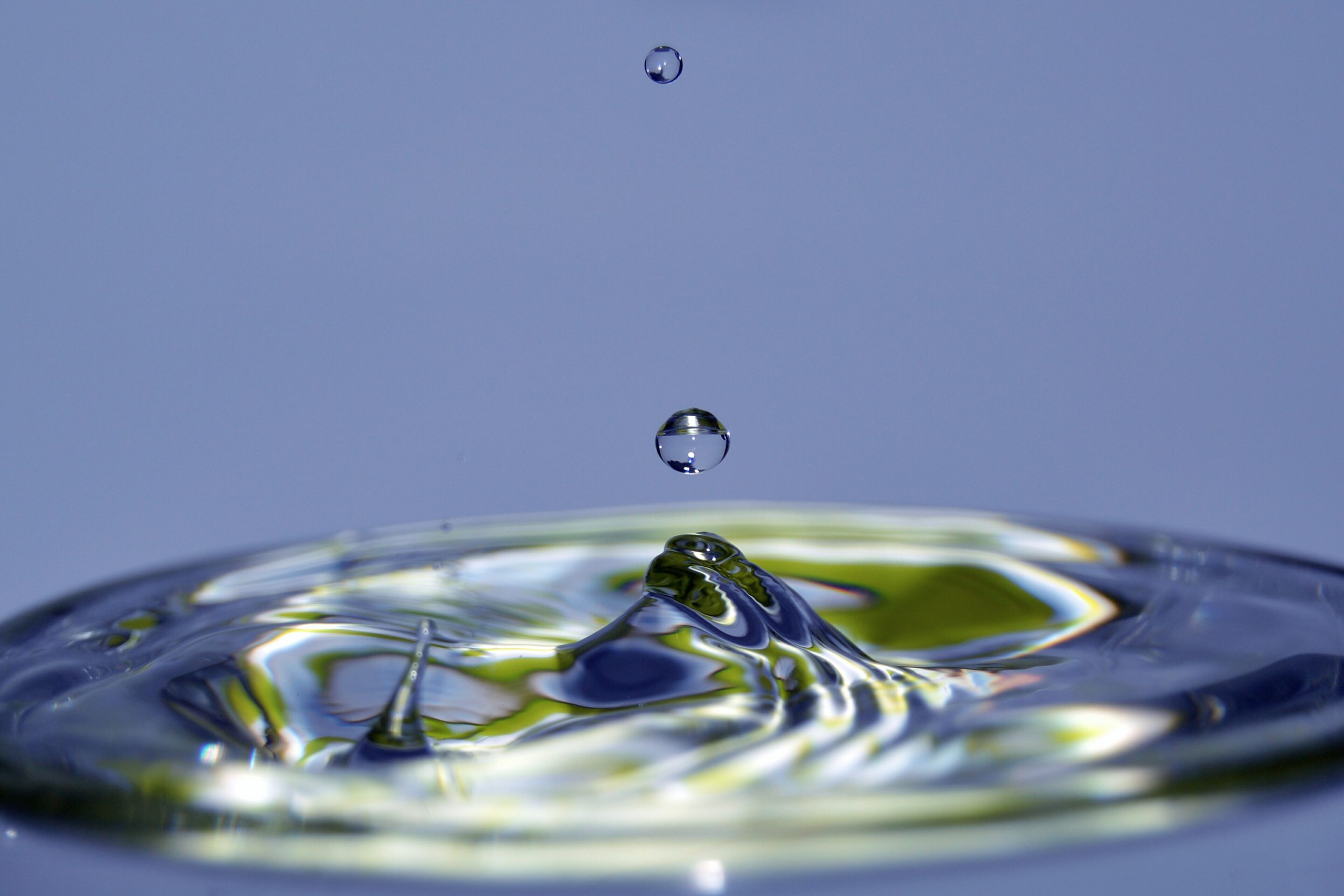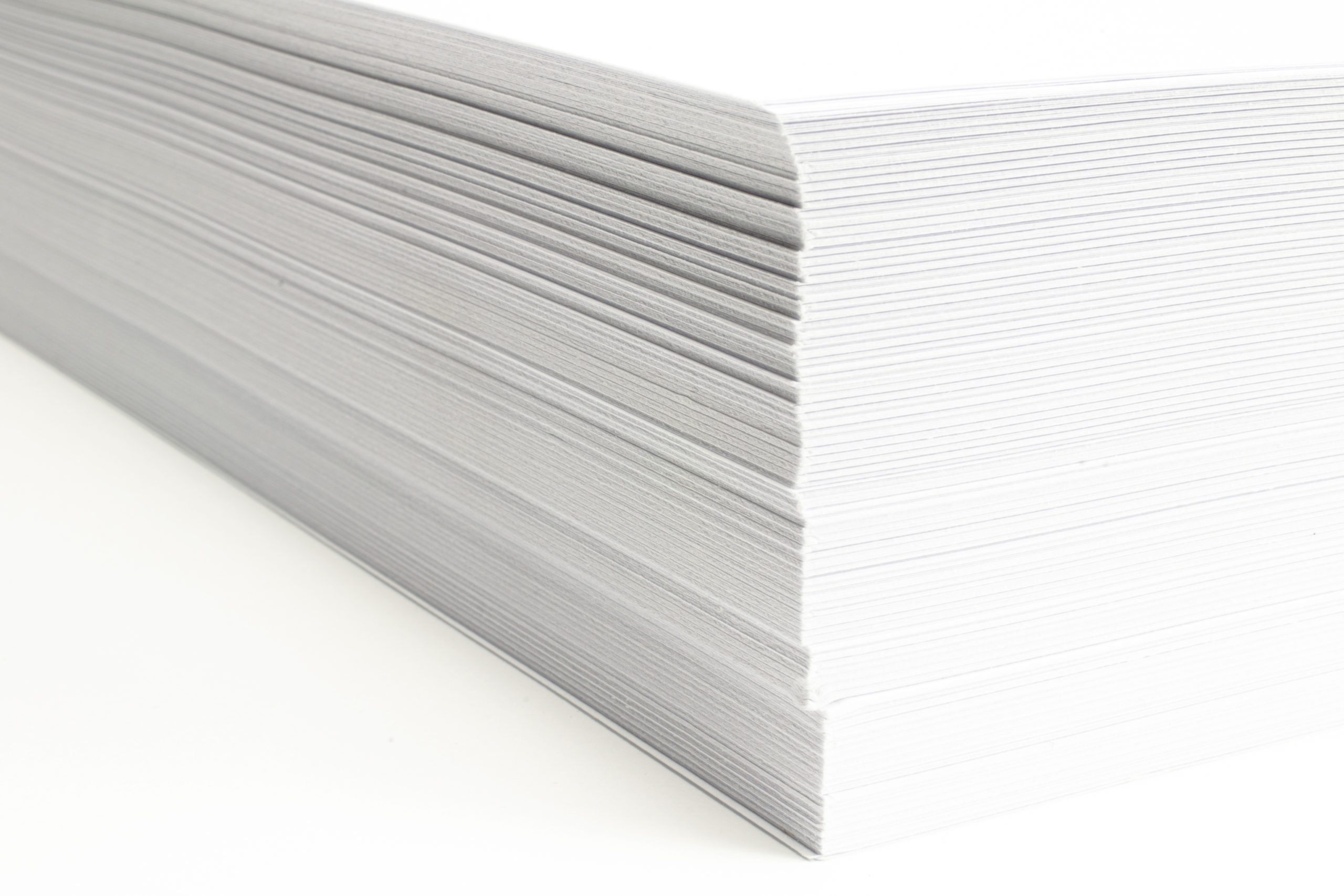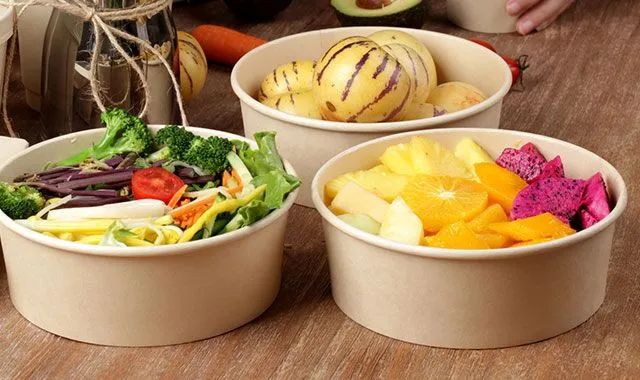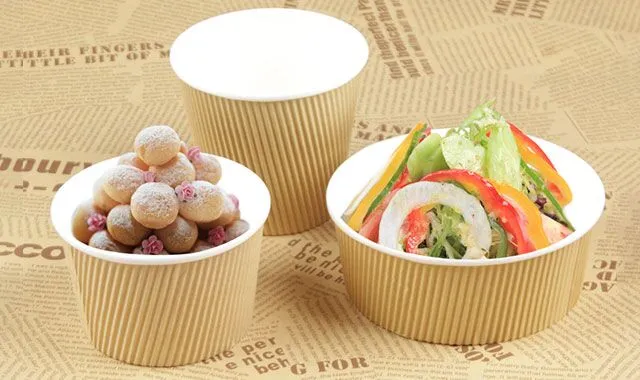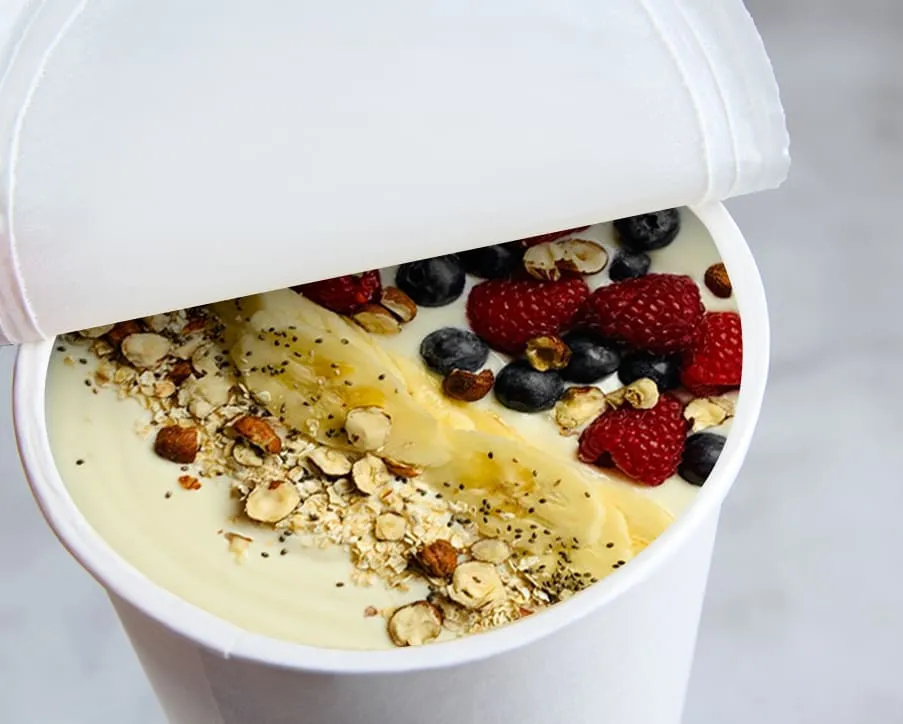
Water-based waterproof coated paper is a type of paper that has been treated with water-based coating technology to acquire waterproof characteristics. The water-based coatings are made of water-soluble components such as water and natural resins. These coatings are applied as a thin protective layer over the paper, giving it water resistance, durability, and eco-friendliness.
Features of Water-based Waterproof Coated Paper
-
Water Resistance: This type of paper has been treated to be water-resistant. Thanks to the water-based coating, it resists contact with liquids and prevents water from penetrating the paper. This makes it ideal for use in rainy conditions, food packaging, or beverage containers.
-
Eco-friendly: The water-based coating, made with water-soluble and generally natural components, is environmentally friendly. Unlike traditional plastic coatings, they are less toxic and recyclable.
-
Biodegradable: Water-based coatings generally have biodegradable properties, meaning they do not harm the environment. This provides a material option that naturally breaks down without causing negative ecological effects.
-
High Performance: The water-based coating enhances the durability of the paper and improves its mechanical properties. Additionally, it provides resistance to wear and tear.
-
Odor and Flavor Protection: Water-based coatings protect the inside of the paper from external factors, helping maintain the freshness and odor of products, especially in food packaging.
-
High-Quality Printing Performance: Water-based coated paper is suitable for printing and labeling. Its smooth surface allows for high-quality printing processes.
-
Temperature Protection: Water-based coating also provides protection against temperature changes. This is especially useful in hot beverage cups and food packaging.
Uses of Water-based Waterproof Coated Paper
-
Food Packaging: It is commonly used in food and beverage packaging. Products such as cups for hot drinks, fast food packaging, food containers, and snack bags benefit from its water-resistant properties, protecting products from moisture.
-
Waterproof Product Packaging: It can be used for products containing liquids. For example, in beverage cartons, liquid food products, or non-food product packaging, providing waterproofing.
-
Outdoor Use: Products designed for outdoor use need to be resistant to rain, humidity, and water. Outdoor advertising posters, labels, and packaging can benefit from this feature.
-
Single-Use Products: It is used in single-use products like plates, napkins, and cups, especially in the food industry, to prevent liquid infiltration and provide water resistance.
-
Agricultural Product Packaging: It can be used in the transportation and storage of agricultural products exposed to humid or rainy environments.
-
Packaging and Transport: In the packaging and transportation industry, water-based coated paper may be preferred to protect materials that will be used in humid conditions.
-
Eco-friendly Products: It is an ideal option for companies looking for eco-friendly and sustainable packaging solutions. The water-based coating provides environmentally-friendly solutions by using natural materials instead of plastics.
Advantages of Water-based Waterproof Coated Paper
-
Eco-friendly and Recyclable: Water-based coatings are recyclable and biodegradable, which helps reduce environmental pollution.
-
Waterproofing: The water-based coating makes the paper water-resistant, making it ideal for humid environments or contact with liquids.
-
Resistance to Chemicals and Oils: This type of coating makes the paper resistant to chemicals and oils, making it suitable for frequent use in food packaging.
-
Health and Food Safety: Water-based coatings are safe for food contact and are healthier compared to plastic coatings, offering better food safety benefits.
-
Cost-Effective: Water-based coatings can be more cost-effective. Moreover, using fewer harmful substances in production processes provides long-term benefits.


